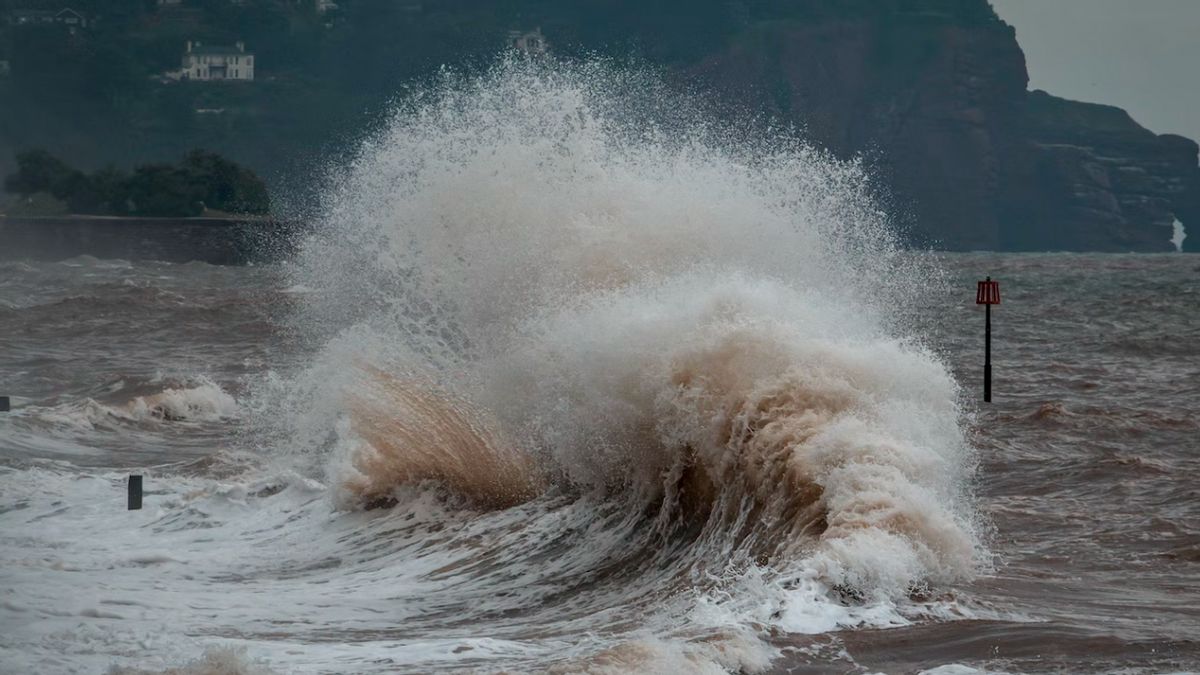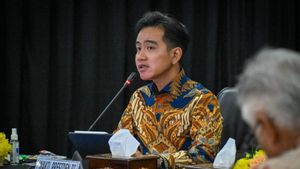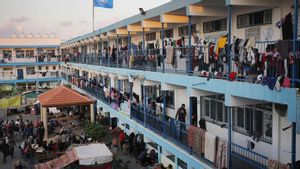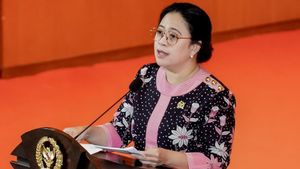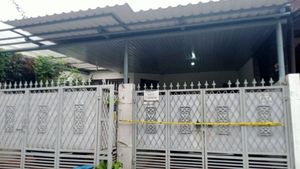JAKARTA - Head of the National Research and Innovation Agency (BRIN) Laksana Tri Handoko stated that the tsunami early detection tool, especially InaTEWS, which uses a device called the buoy and is currently being researched by BRIN, is ineffective.
"What we are doing is research to make the best tsunami early detection system and it turns out that InaTEWS, whose main base is optical cable-based sensors, was not very successful," he said in a press conference at the BRIN office, in Jakarta, as reported by ANTARA, Friday, February 10
Handoko's statement followed BRIN which was rumored to have abandoned a tsunami detector called InaBuoy due to a lack of budget so this facility was discontinued.
Handoko explained that the task carried out so far by both the Agency for the Assessment and Application of Technology (BPPT) and the current BRIN is only to conduct research.
Meanwhile, the Meteorology, Climatology, and Geophysics Agency (BMKG) is in charge of operating the tsunami early detection device.
"We have never operated a tsunami early detection tool because BRIN or BPPT or whoever used to be a tsunami detector operator because that should be BMKG," said Handoko.
Based on research by the National Agency for Research and Innovation, it was found that maintenance of the tsunami detector required a very large budget, so the BMKG objected, considering that it had to guarantee reliability, efficiency, and cheapness.
"Because if you have to replace the optical cable every 10 years, that's how many trillion, isn't it? impossible," said Handoko.
Because of that, Handoko emphasized that the problem of a tsunami early detection tool is not related to a changed budget scheme, but to the substance and evaluation results of BRIN researchers.
What's more, Handoko said that even abroad there has not been sufficient evidence regarding the effectiveness of optical cable-based tsunami early detection devices, even though Japan and the United States (US) have tried.
"So it's not because we stopped it because the budget scheme changed, this has nothing to do with it. This turned out to be unreliable, especially from the telecommunication side, this is not good at least for Indonesia," said Handoko.
The English, Chinese, Japanese, Arabic, and French versions are automatically generated by the AI. So there may still be inaccuracies in translating, please always see Indonesian as our main language. (system supported by DigitalSiber.id)
